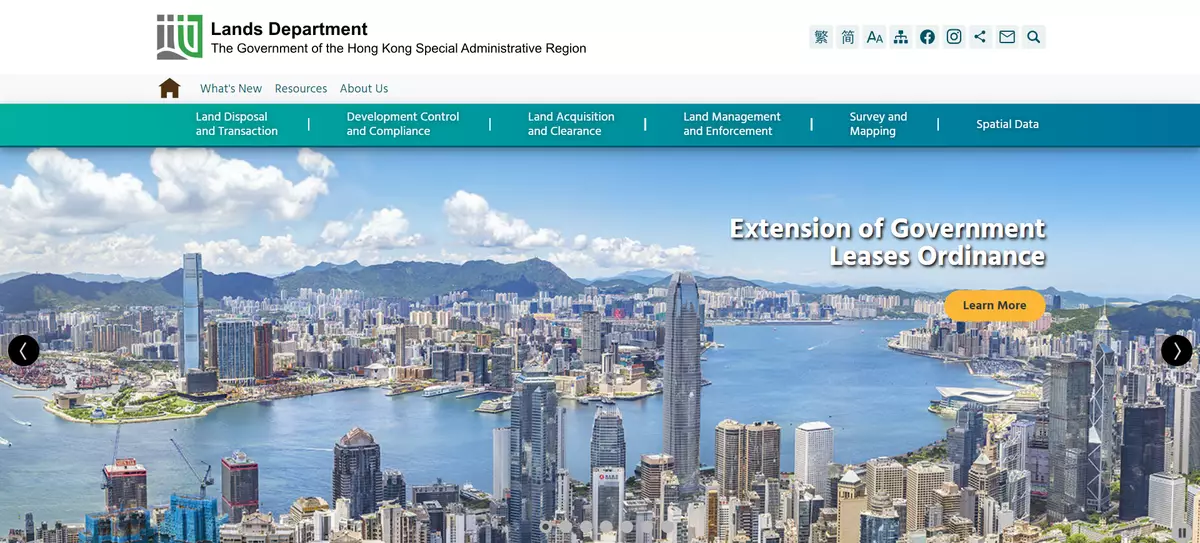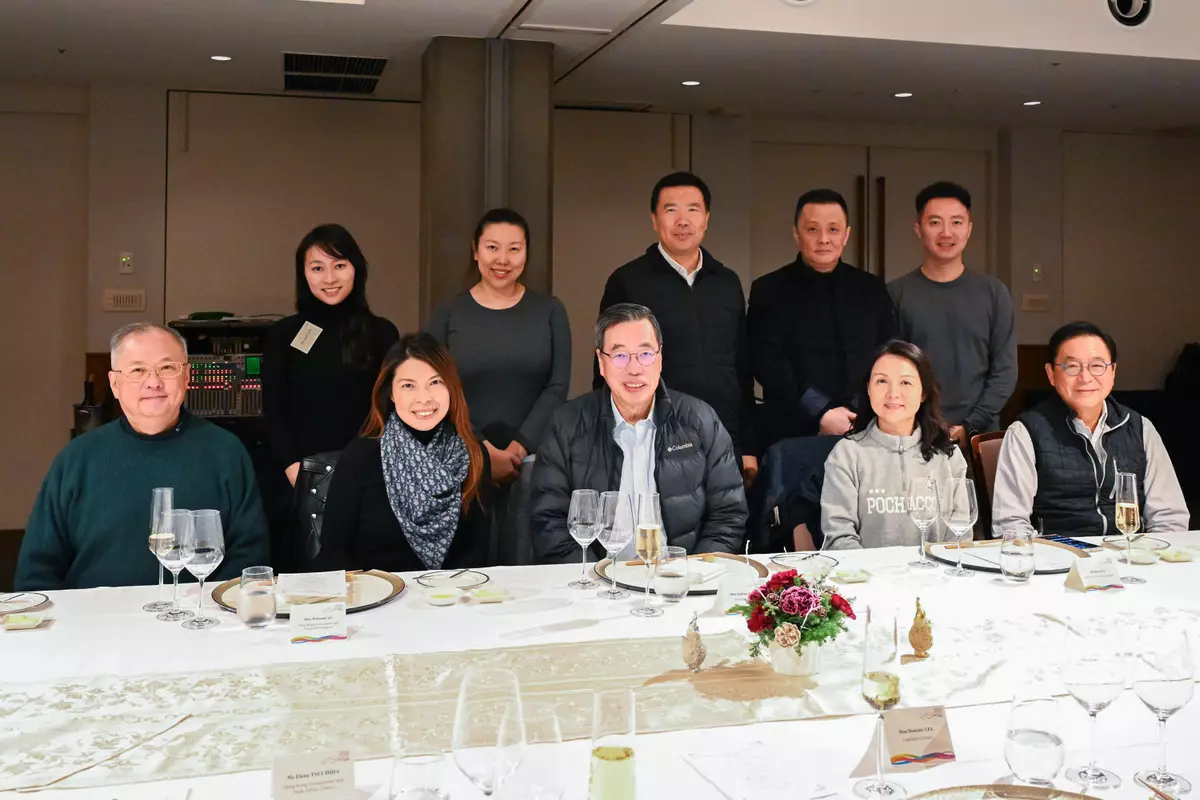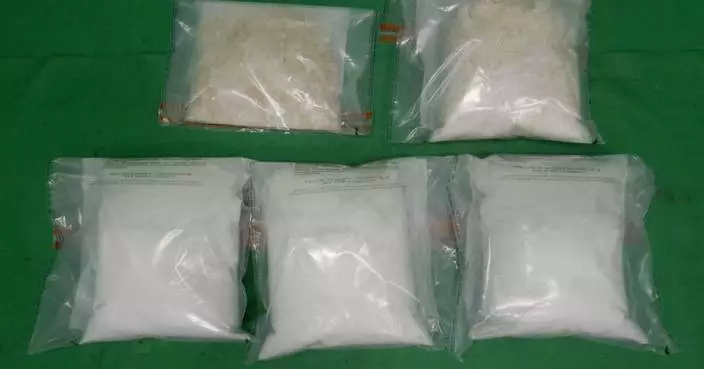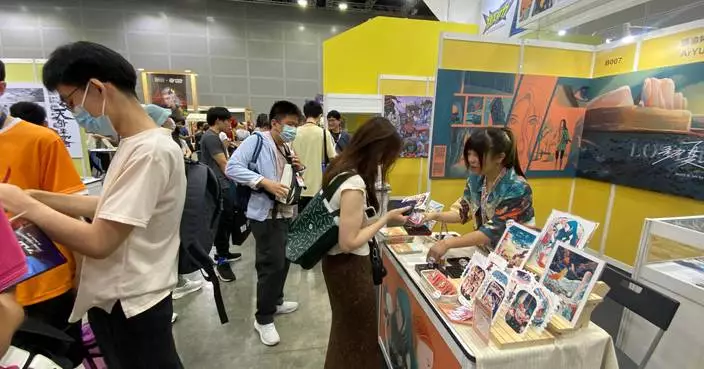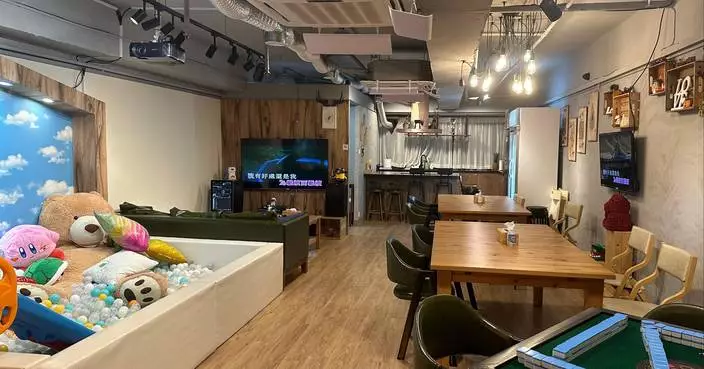Lands Department issues three pre-sale consents in third quarter of 2024
The Lands Department (LandsD) announced today (October 7) that three pre-sale consents for residential developments involving 213 residential units were issued in the third quarter of 2024.
Details of the above residential developments with pre-sale consents issued are as follows:
Expected year of completion
Developments
2024
2025
As at September 30, 2024, 31 applications for pre-sale consent for residential developments involving 17 642 residential units were being processed. Details are as follows:
Expected year of completion
No. of applications
No. of residential units involved
2024
3
133
2025
7
3 861
2026
11
8 822
2027
10
4 826
In addition, five applications for consent to assign involving 2 742 residential units and two non-residential units as well as three applications for pre-sale consent for non-residential developments were being processed.
Members of the public can obtain up-to-date information on consents issued for the past quarter and cases pending approval by visiting the LandsD's website (www.landsd.gov.hk).
Intending purchasers are advised to carefully study the details of the development and the sale procedures, through information available from public advertisements, sales brochures and price lists released by the developer, before making a deposit for purchase. The sales brochure for a development also contains a summary of the provisions of the Deed of Mutual Covenant, including information on the common parts, the number of undivided shares assigned to each unit, the term of years for which the manager is appointed, the basis on which the management expenses are shared among the owners of the units, and a summary of the provisions of the government land grant, which intending purchasers are recommended to read carefully.


